Dear Readers,
AI plays a crucial role in our blog, helping us manage our time more effectively to keep the content flowing. While AI assists with content creation, which may lead to occasional spelling or grammar errors, our primary goal remains clear: to deliver meaningful insights to you. For important matters, please consult a specialist.
Thank you for your understanding and support.
Best regards,
Education.com.cy
Summary
This summary explores the gender differences in music-related psychomotor skills among early childhood populations. Research indicates that girls tend to outperform boys in various music-related psychomotor tasks. Studies have shown that girls excel in maintaining a steady beat, specific music motor skills, and movement tests of rhythmic ability. Additionally, girls perform better on general motor tasks with music, such as motor pattern coordination and eye-hand coordination.
Key findings include:
– Motor Pattern Coordination and Eye-Hand Coordination: Girls significantly outperform boys in these areas, as evidenced by the Motoric Music Skills Test (MMST) and other studies.
– Music Motor Skills: Girls show superior performance in tasks involving maintaining a steady beat and rhythmic movement.
– Developmental Trends: These gender differences are evident in early childhood, but further research is needed to determine if these differences persist or diminish with age and maturation.
The implications of these findings suggest that educators and practitioners should consider these gender differences when planning and implementing music education programs. Tailoring instructional materials to address these differences may enhance the effectiveness of music education in developing psychomotor skills in young children. Further research is necessary to explore the long-term persistence of these gender differences and their impact on overall motor development.
Introduction
Understanding gender differences in music-related psychomotor skills during early childhood is crucial for educators and researchers aiming to optimize developmental outcomes. Early childhood is a formative period where foundational motor skills and cognitive abilities are rapidly developing. Research has indicated that there may be notable differences between boys and girls in their ability to perform music-related psychomotor tasks, such as maintaining a steady beat, coordinating movements with music, and demonstrating rhythmic ability. These differences can have significant implications for educational practices and the design of music and movement programs. By examining these gender differences, we can better tailor educational interventions to support the unique developmental needs of both boys and girls, ultimately fostering a more inclusive and effective learning environment. This introduction aims to explore the existing research on gender differences in music-related psychomotor skills and discuss the potential implications for early childhood education.
Main Sections
Literature Review
Overview of Music-Related Psychomotor Skills
Music-related psychomotor skills encompass a range of abilities that involve the coordination of cognitive and motor functions to perform musical tasks. These skills include maintaining a steady beat, rhythmic movement, and the ability to synchronize movements with music. Early childhood is a critical period for developing these skills, as children are highly receptive to musical stimuli and motor learning.
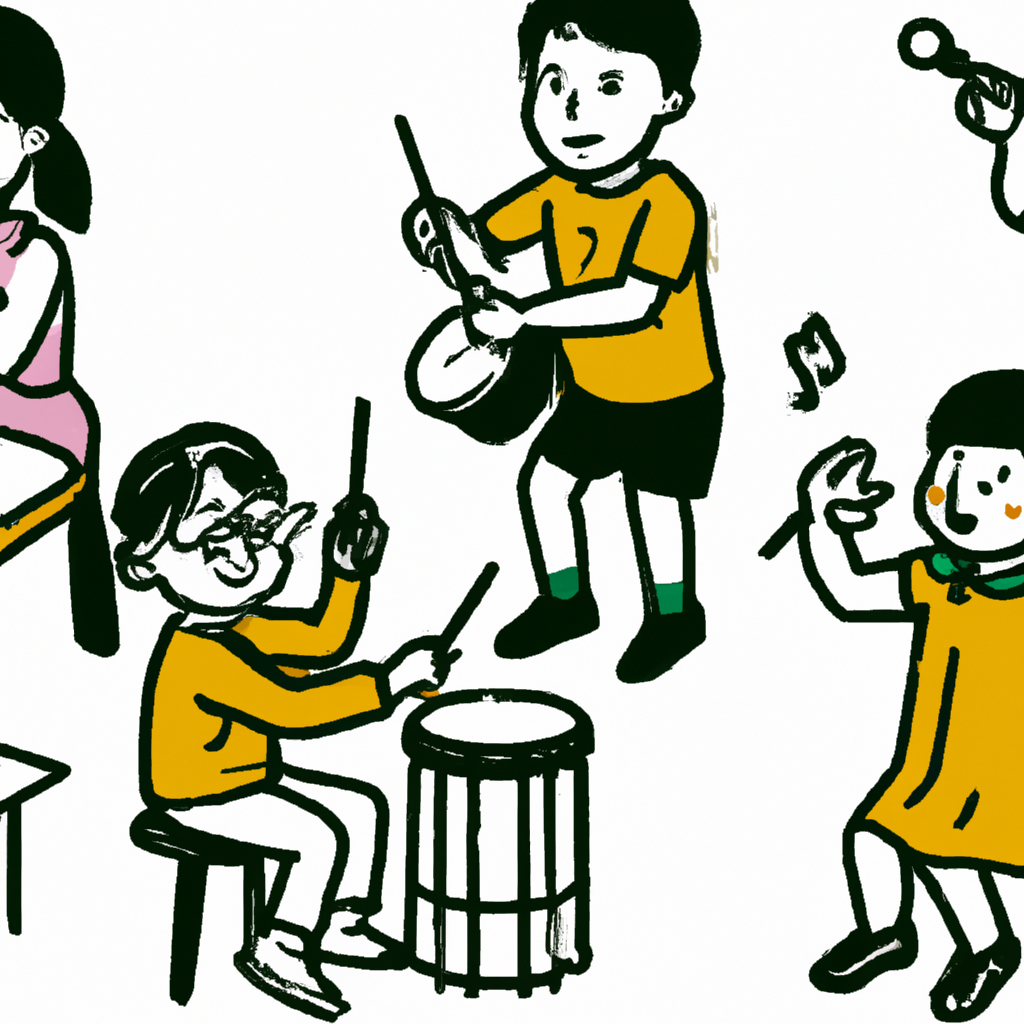
Importance of Early Childhood Development
Early childhood is a pivotal time for motor and cognitive development. During this period, children develop foundational skills that will influence their future learning and development. Music-related psychomotor skills are particularly important as they contribute to overall motor development, coordination, and cognitive abilities. Understanding how these skills develop and differ between genders can help educators create more effective and inclusive learning environments.
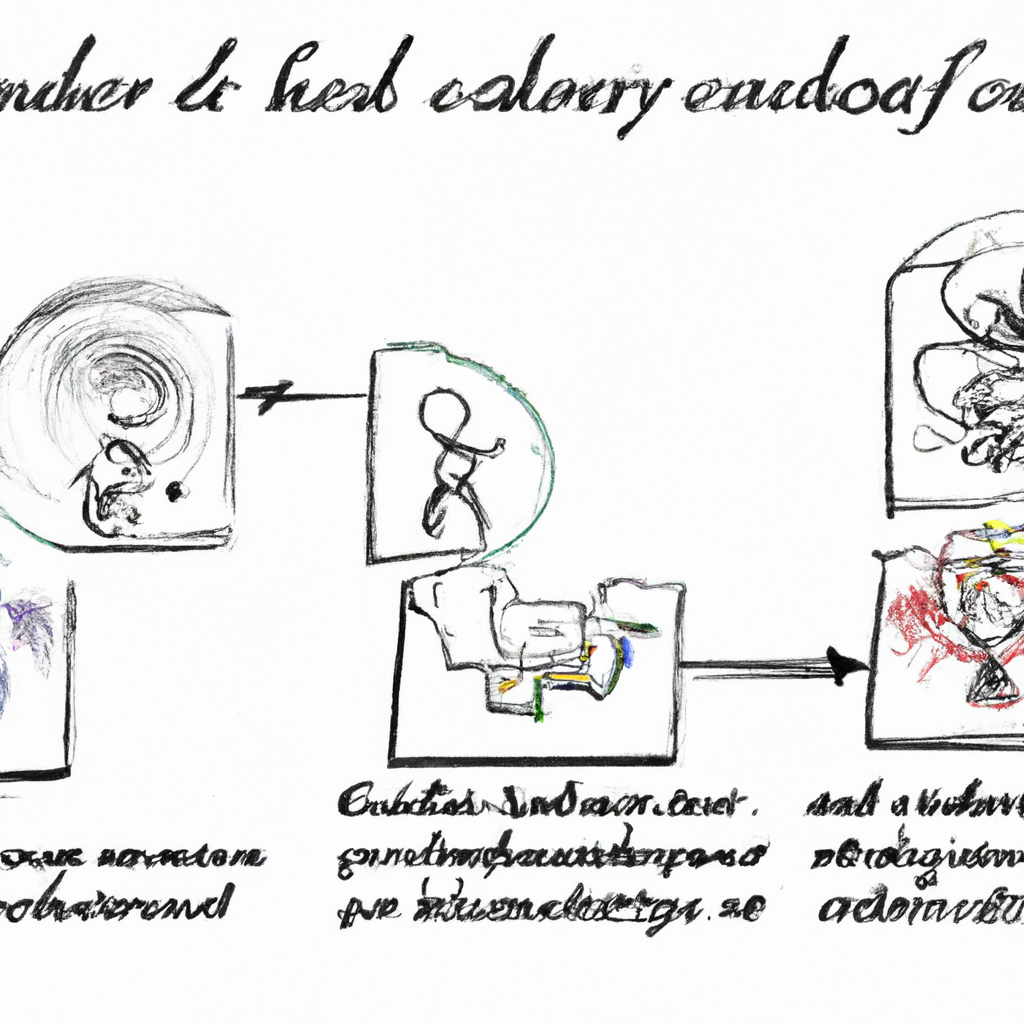
Find out how the strategies discussed in the article
"How Teaching a Song Can Improve Your Child’s Learning and Well-Being"can help address internet addiction in children and teens.
Gender Differences in Music-Related Psychomotor Skills
Maintaining a Steady Beat
Research has shown that girls tend to outperform boys in tasks that require maintaining a steady beat. This ability is crucial for various musical activities and is often assessed through tasks that involve clapping or tapping to a consistent rhythm. Studies suggest that girls’ superior performance in this area may be linked to differences in auditory processing and motor coordination.
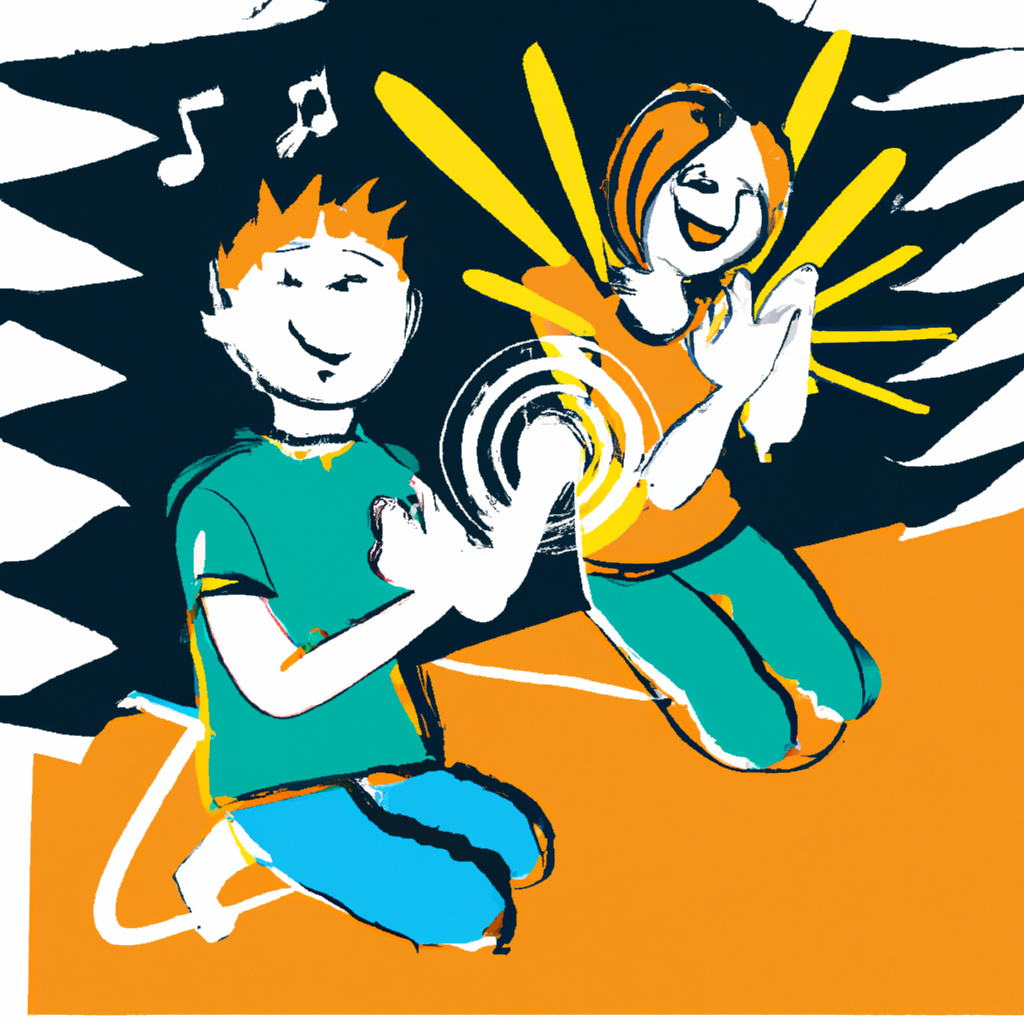
Specific Music Motor Skills
Girls also excel in specific music motor skills, such as playing simple musical instruments and performing coordinated movements to music. These skills require fine motor control and the ability to synchronize movements with auditory cues. The differences in performance between boys and girls may be influenced by both biological and environmental factors.
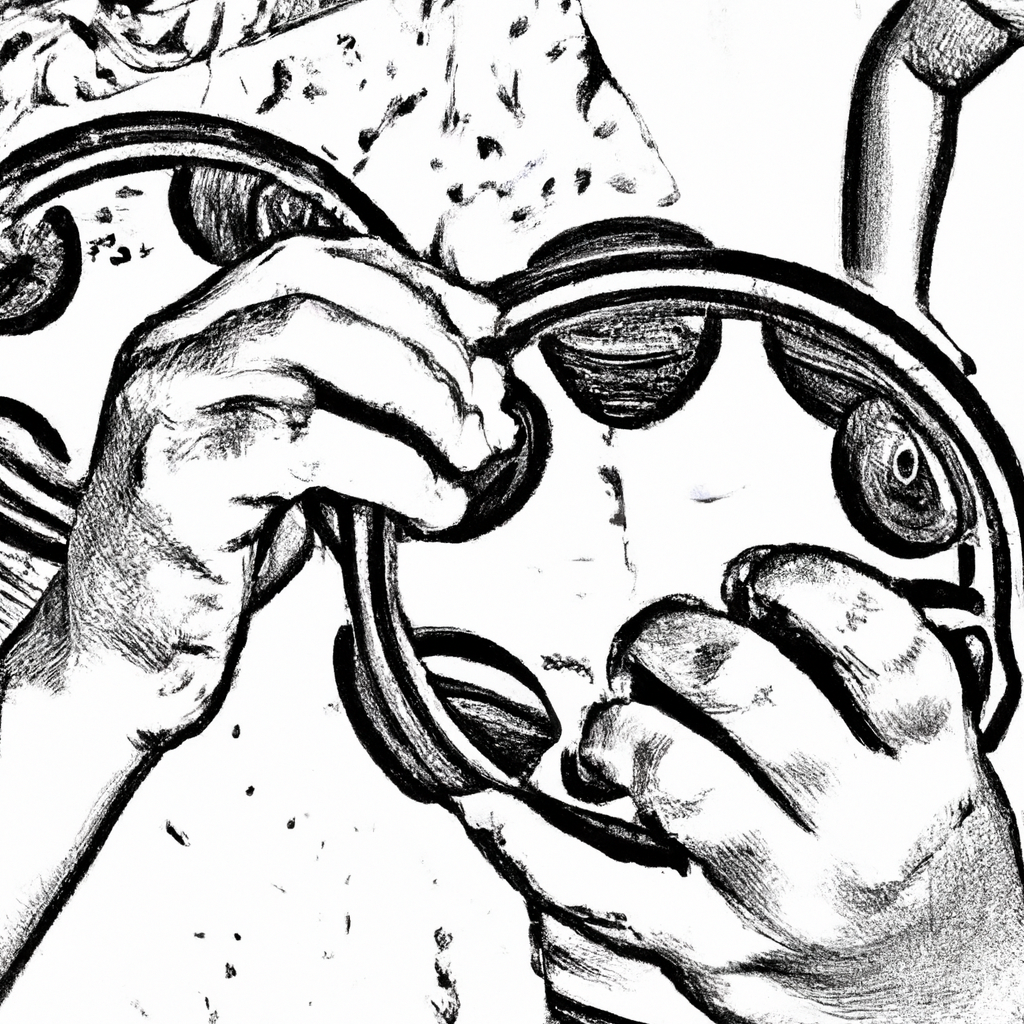
Movement Tests of Rhythmic Ability
Movement tests of rhythmic ability assess how well children can synchronize their movements with a given rhythm. Girls generally perform better on these tests, demonstrating greater rhythmic accuracy and coordination. This ability is essential for activities such as dancing and playing rhythm-based games.
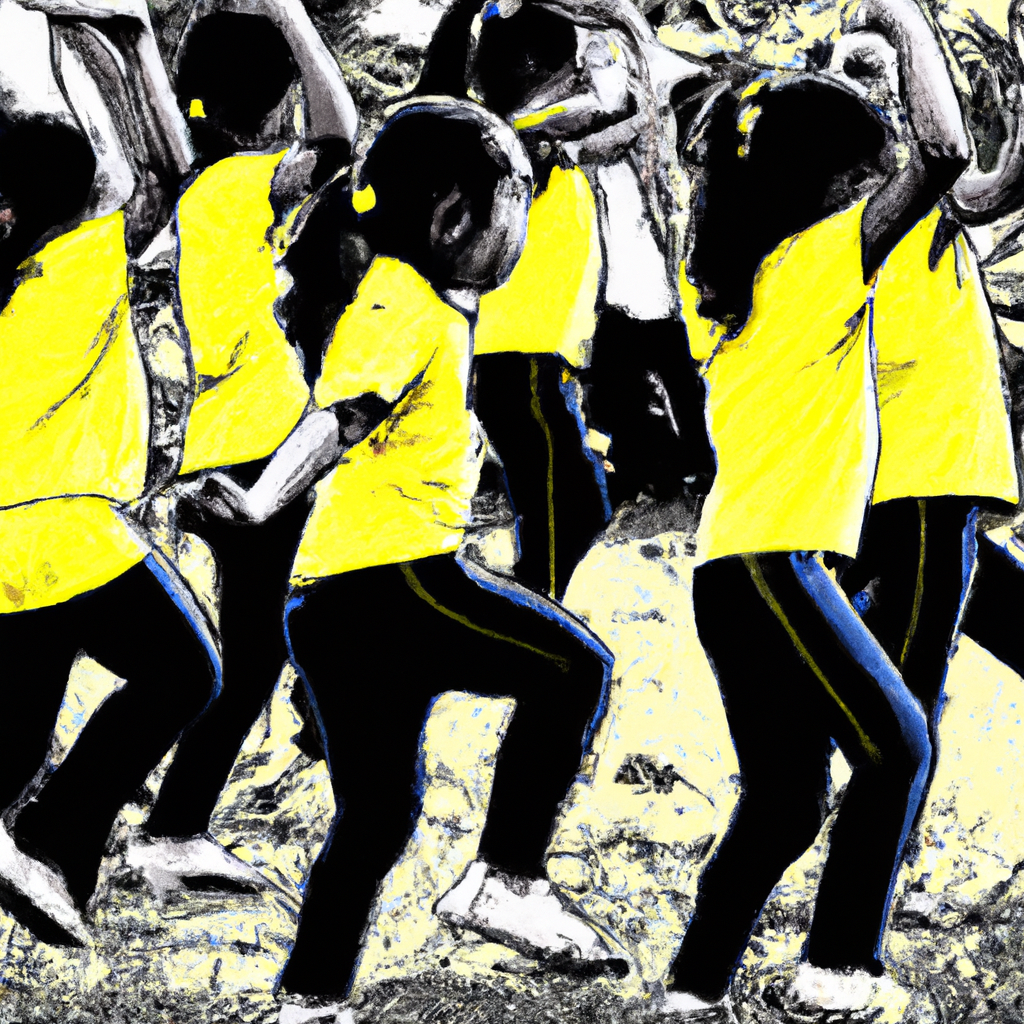
General Motor Tasks with Music
In addition to specific music-related tasks, girls tend to perform better on general motor tasks that involve music. These tasks include activities that require coordination, balance, and timing, such as dancing or playing movement-based games. The superior performance of girls in these tasks highlights the importance of considering gender differences in motor development.

Case Studies and Research Findings
DeVries (2004)
DeVries’ study explored the impact of music education on motor skills development in early childhood. The findings indicated that girls showed greater improvement in motor skills compared to boys, particularly in tasks that required fine motor control and rhythmic coordination.

Baer (1987)
Baer’s research examined the correlation between music aptitude, instrumental music achievement, and motor development. The study found that girls had higher music aptitude scores and performed better in instrumental music tasks, which were closely linked to their superior motor development.
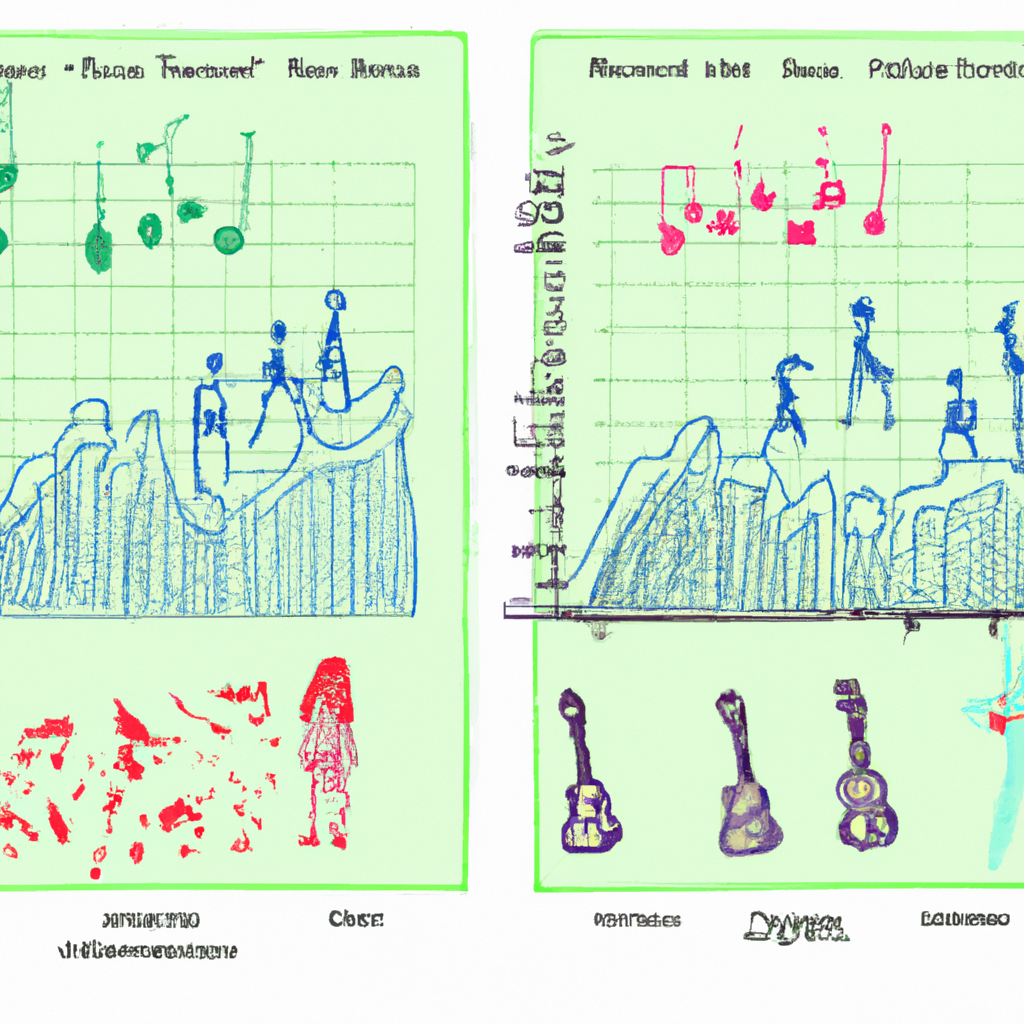
Pollatou, Karadimou, & Gerodimos (2005)
This study investigated gender differences in musical aptitude, rhythmic ability, and motor performance. The results showed that girls outperformed boys in all measured areas, suggesting that gender differences in music-related psychomotor skills are evident from an early age.
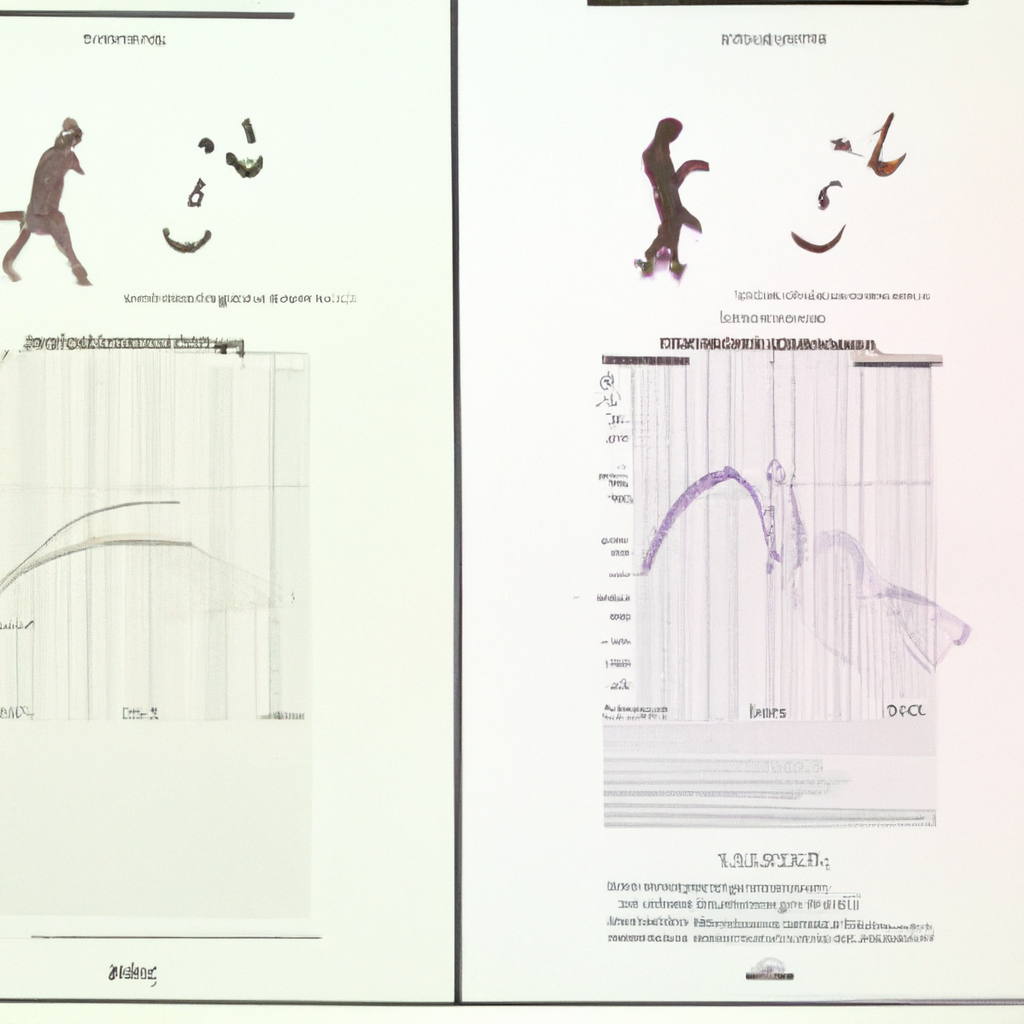
Implications for Educators and Practitioners
Planning Instructional Materials
Educators should consider these gender differences when planning instructional materials for music education. Tailoring activities to address the unique strengths and needs of boys and girls can enhance the effectiveness of music education programs. For example, incorporating more rhythm-based activities that cater to girls’ strengths while providing additional support for boys in these areas can create a more balanced learning environment.
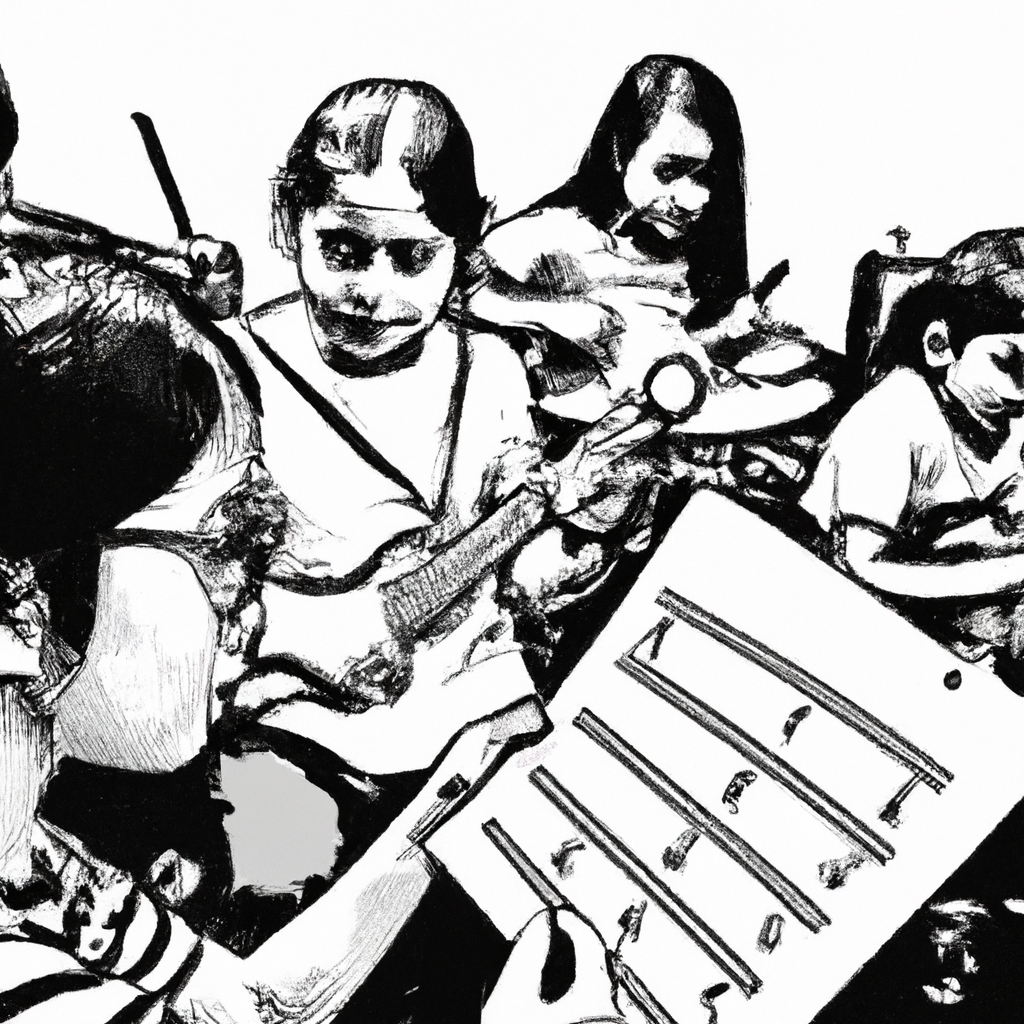
Addressing Gender Differences
Addressing gender differences in music-related psychomotor skills involves creating an inclusive learning environment that supports the development of all children. Educators can use differentiated instruction techniques to provide targeted support and challenge for both boys and girls. Encouraging collaborative activities that promote peer learning can also help bridge the gap between genders.
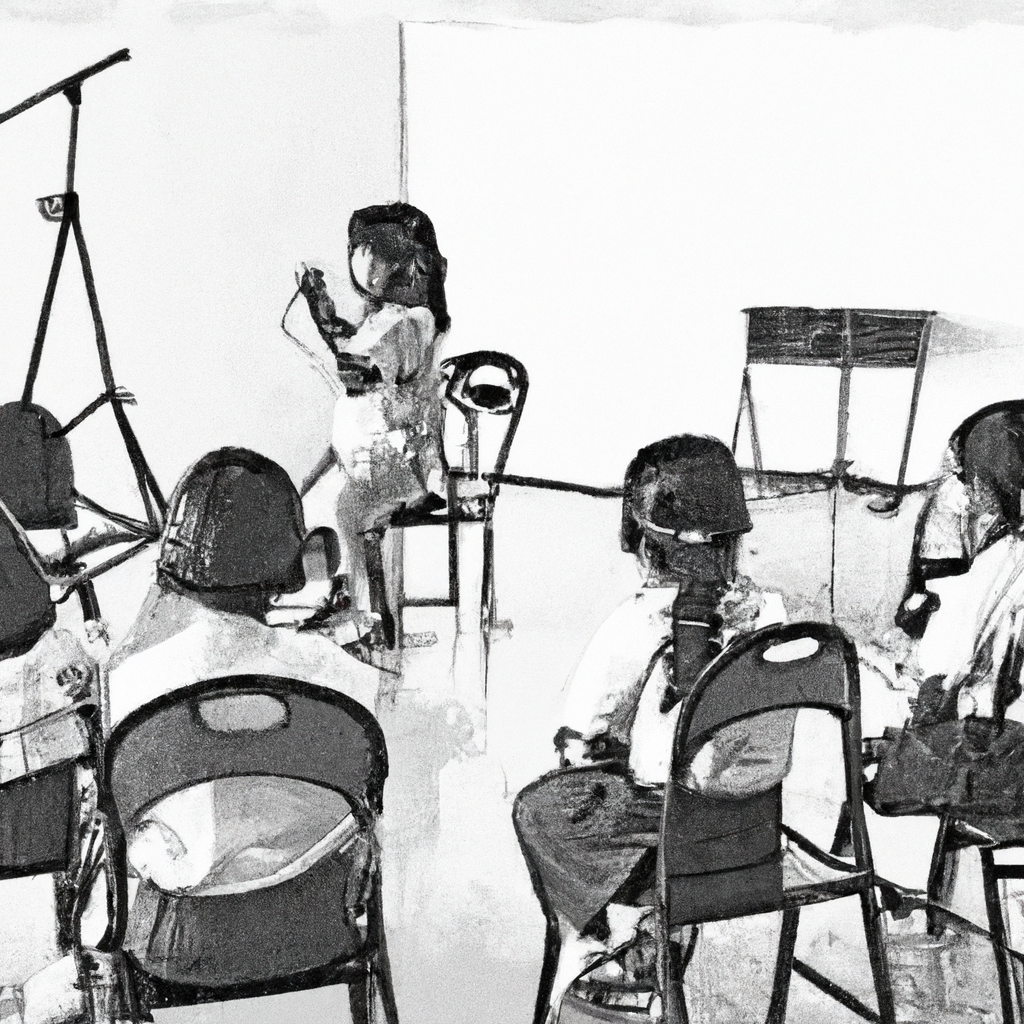
Future Research Directions
Longitudinal Studies
Long-term studies are needed to track the persistence or fading of gender differences in music-related psychomotor skills over time. Understanding how these differences evolve with age and maturation can provide valuable insights for educators and researchers.
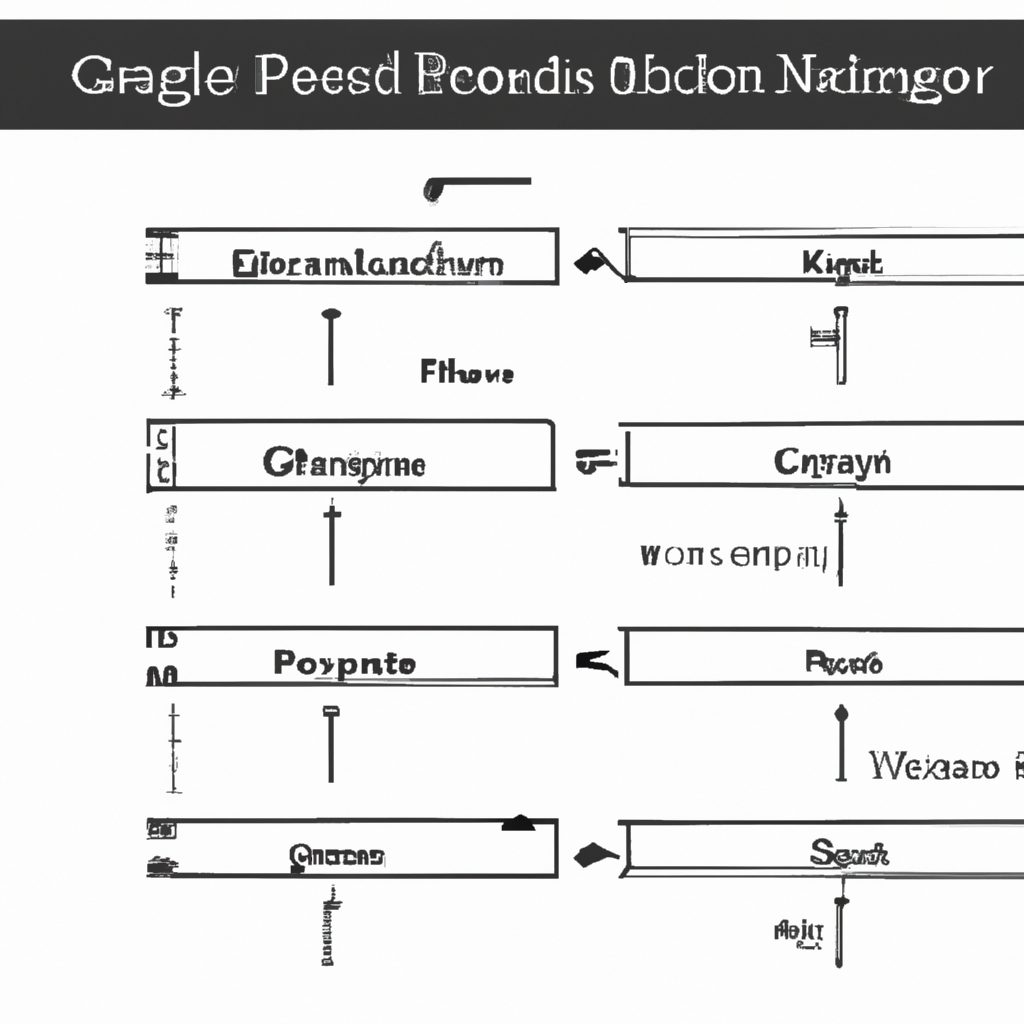
Impact of Maturation
Research should also investigate how maturation affects gender differences in music-related psychomotor skills. Exploring the role of biological and environmental factors in shaping these differences can help develop more effective educational interventions.

Conclusion
In conclusion, understanding gender differences in music-related psychomotor skills during early childhood is essential for creating effective and inclusive educational programs. Girls generally outperform boys in tasks that require maintaining a steady beat, specific music motor skills, and rhythmic movement. These differences highlight the need for tailored instructional materials and teaching strategies that address the unique developmental needs of both genders. Further research is necessary to explore the long-term persistence of these differences and their impact on overall motor development. By considering these factors, educators and parents can better support the holistic development of all children.
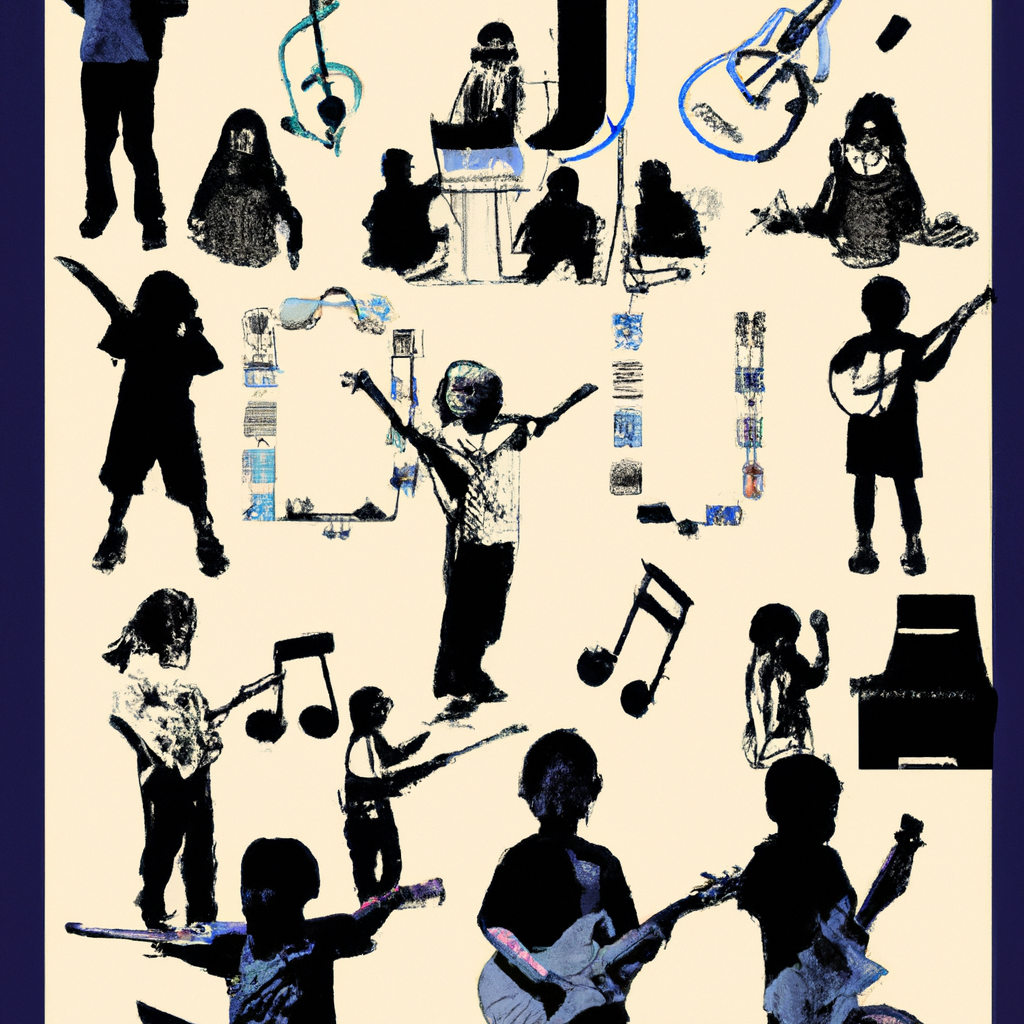
Thank you for reading our article on Gender Differences in Music-Related Psychomotor Skills in Early Childhood. We highly value your feedback and invite you to take a brief survey to share your thoughts and experiences. Your responses will be kept confidential.
Dear Readers,
Welcome to my blog, where technology, music, and visual arts come together to spark creativity and growth. By subscribing, you’ll become part of a vibrant community committed to exploring and learning in these areas.
Select the type of engagement that suits you best:
Join us and enjoy tailored content and direct support suited to your interests.
